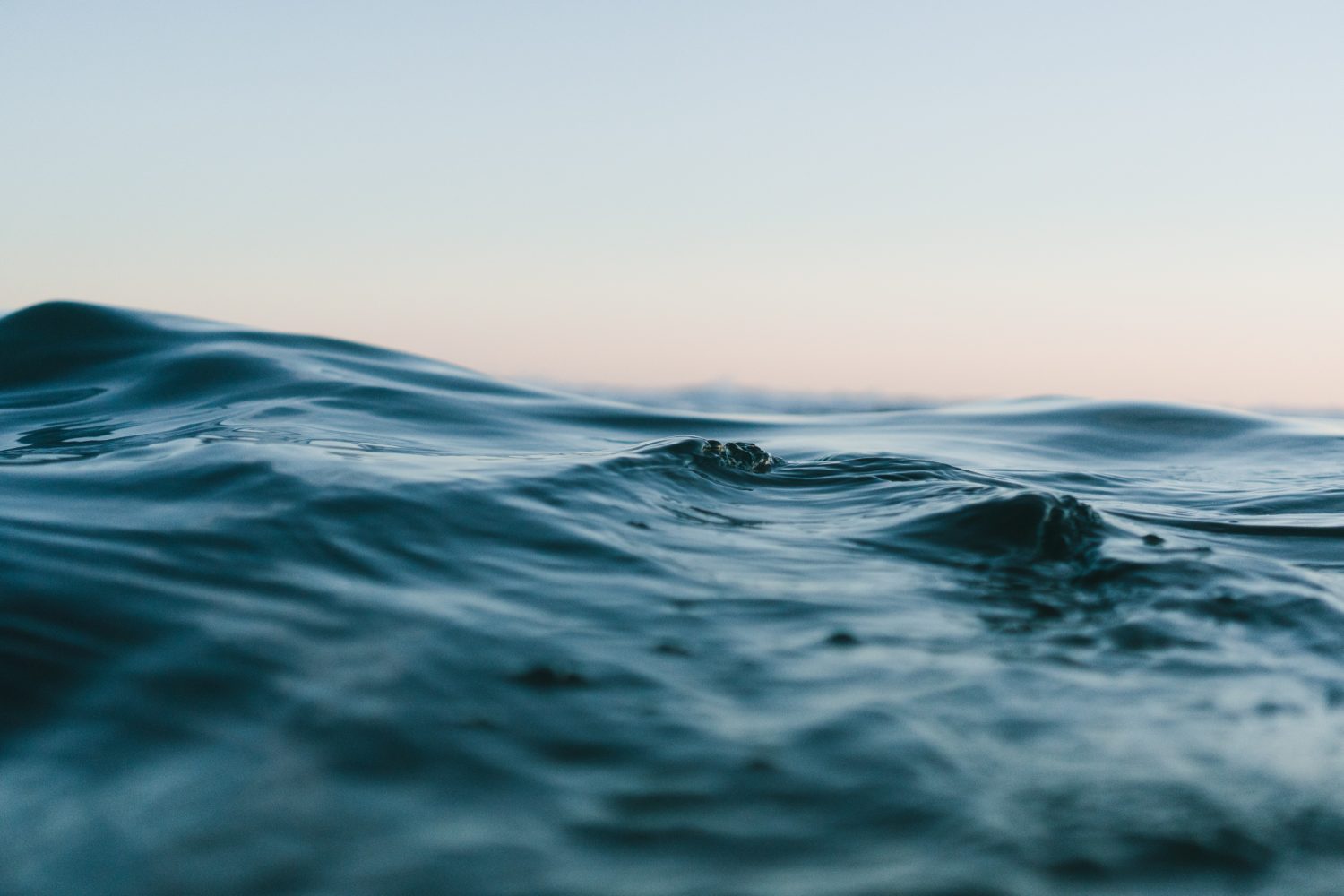
The health of our planet depends on clean water. Unfortunately, contaminated water has become a growing problem in many parts of the world. Not only does it pose a risk to human and animal health, but it can also damage ecosystems and cause economic losses due to crop failure or reduced tourism. If you have experienced contamination in your area’s drinking water, there are some important steps you should take right away to protect yourself and the environment. This article will outline six essential actions that will help ensure safety.
1. Stop drinking or using the contaminated water until it’s safe again:
The first and most important step is to stop drinking or using contaminated water. This includes avoiding direct contact with any affected areas, such as lakes or streams that have been polluted. If you think your tap water is unsafe, boil it for at least one minute before drinking it. In addition, avoid swimming in or fishing out of affected waters. This is because contaminated water can still pose a health risk even if it is boiled.
2. Report the contamination to your local authorities
It’s important to report any suspected or confirmed cases of contaminated water to your local public health or environmental agency. This will help ensure that the issue is being properly monitored and managed, as well as that appropriate steps are being taken to protect you and your community from further harm. Also, if you have been at Camp Lejeune in North Carolina and suffered from serious health issues due to the contaminated water you should consider filing a Camp Lejeune lawsuit to protect your rights and get a settlement. This applies to anyone affected by the water contamination there.
3. Have your water tested
If you suspect that your tap or well water is contaminated, it’s important to have it tested right away. Many times, local health departments will do this for free or at a reduced cost. A professional testing lab can also provide accurate results if needed. It’s best to have samples taken from several different sites throughout the area of suspected contamination in order to get an accurate reading. In addition, if you are on a public water system, your local health department should be notified right away so they can investigate further. For instance, you may need to have your water tested for lead if you live in an older home.
4. Use only approved cleaning and disinfection products
When dealing with contaminated water, it’s important to use only cleaning and disinfecting products that have been approved by the Environmental Protection Agency (EPA). This includes any products used to clean dishes, clothing, surfaces, or drinking bottles. These products should be used according to the directions specified on their labels in order to ensure maximum effectiveness against potential contaminants. For example, certain viruses and bacteria may require a specific type of disinfectant in order to be killed.
5. Install a home filtration or purification system
If your water is contaminated, it’s important to install a home filtration or purification system in order to remove harmful particles and chemicals from the drinking water and make it safe again. The type of system will depend on the specific contaminants present in the water, as well as other factors such as cost and maintenance requirements. It’s important to note that some systems may not filter out all pollutants, so it’s best to consult with an environmental specialist for advice. Also, make sure to check with your local health department to ensure that the system is installed according to all state and local laws.
6. Educate yourself about water contamination
Finally, it’s important to educate yourself about the types of contaminants that could be present in your drinking water, as well as how they can affect your health. This includes familiarizing yourself with what warning signs and symptoms you should look out for if you suspect contamination in your area. You may also want to consider joining a community group or organization devoted to water safety and environmental protection. This will give you access to resources and information on how best to protect yourself from potential harm.
Water contamination is a serious issue that can have long-term health consequences if not addressed properly. It’s important to take the right steps to ensure your family’s safety and well-being, such as reporting any suspected or confirmed cases of contaminated water to local public health or environmental agencies and having your water tested for contaminants. Additionally, only approved cleaning and disinfection products should be used when dealing with contaminated water, while installing a home filtration or purification system may also help reduce levels of pollutants in drinking water. Finally, educating yourself about the types of contaminants present in your area can go a long way toward protecting you from potential harm.







